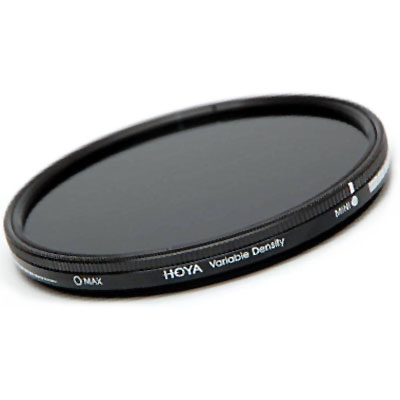For those who prefer direct eyesight, the Yukon 6-100x100 LT is equipped with a straight eyepiece instead of the 45-degree rotating eyepiece. The Yukon 6-100x100 is a revolutionary spotting scope that provides high quality image at magnifications ranging from 6x from 100x. For low magnification observation, the device utilizes the 25 mm lens. Linear zooming allows magnification adjustments between 6 and 25x. When more magnification is desired, the flip of a switch shifts the light path from one lens to the other. With the 100 mm objective lens, zooming capabilities increase to 25-100x magnification. The enormous light gathering capability of the 100mm lens creates a bright and clear picture in nearly all viewing conditions, including twilight. In accordance to Yukon Advanced Optics' tradition, the Yukon 100x's design provides the user both power, quality and comfort. Of two camera adapters (photo and digital) available on the original Yukon 100x, this unit can only utilize the digital camera adapter. However, the LT model can accommodate both photographic and spotting scope tripods and can double as a telescope for late night stargazing. The high quality optics is guarded by a durable composite body. The scope’s body is surprisingly lightweight and compact, making it easy to transport. Yukon 6-100x100 delivers crystal-clear magnification from 6x to 100x with no distortion or loss of image quality. Yukon's engineers have achieved this exclusive capability by using two multi-coated objective lenses, one with a 25mm aperture and the other with a 100 mm aperture. Both lenses share a common ocular lens, which allows for a smooth transition as the viewer adjusts the scope to the desired magnification. 6x to 100x Magnification Range Dual Light Path Optics Shared Common Ocular Lens High Light Gathering Capability with 100mm Lens Straight Eyepiece Open Field or Long Distance Observation 6x to 100x Magnification Range Dual Light Path Optics Shared Common Ocular Lens High Light Gathering Capability with 100mm Lens Open Field or Long Distance Observation... More








